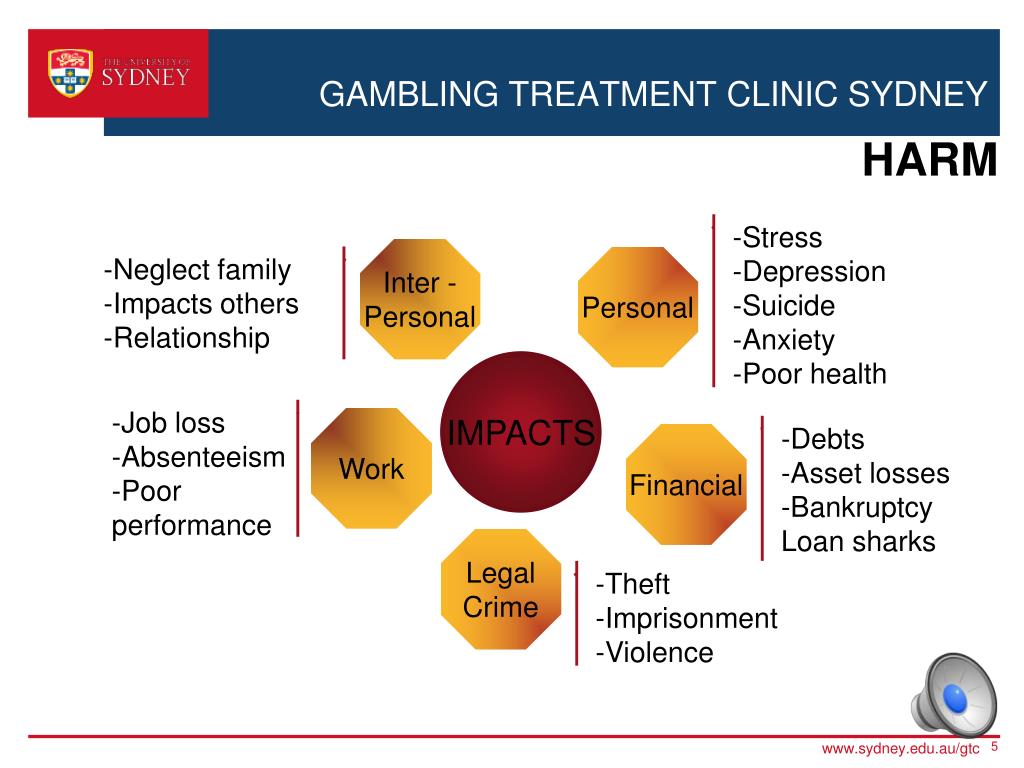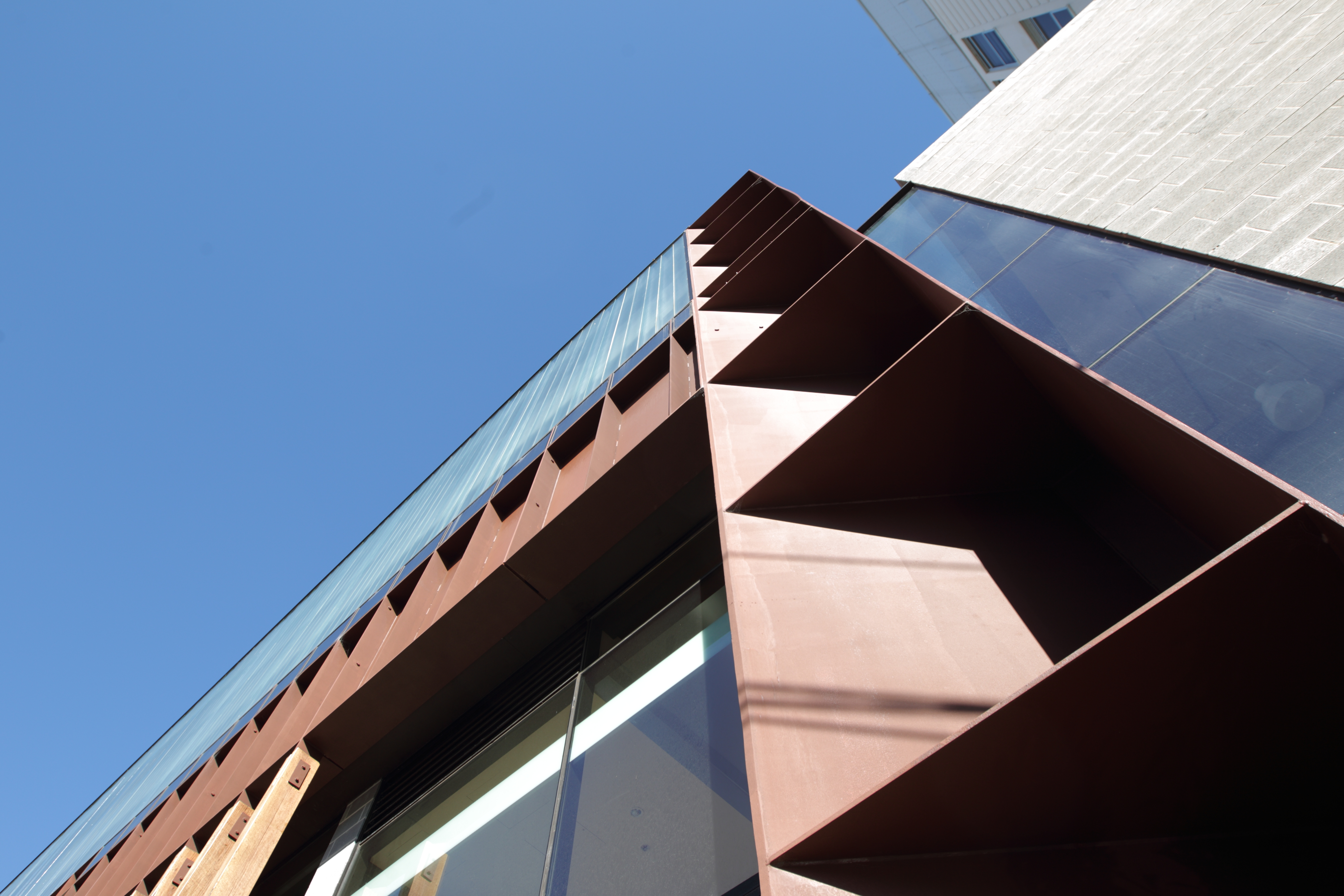Gambling Treatment Clinic University Of Sydney

Above and top of page: screenshots from the Gambling Treatment and Research Clinic online program.
- For Gambling Treatment Clinic University Of Sydney a casino in English line Gambling Treatment Clinic University Of Sydney that we recommend, since then, have the opportunity to take part in some of the best casinos free market right now and with a chance to win deals and special promotions.
- University of Sydney. Gambling Treatment Clinic can be found at 20-22 Macquarie Street. The following is offered: Counselling - In Parramatta there are 1 other Counselling.
Gambling Treatment Clinic - University Of Sydney

New customer offer. Place 5 x £10 or more bets to receive £20 Gambling Treatment Clinic University Of Sydney in free bets. Repeat up to 5 times to receive maximum £100 bonus. Min odds 1/2 (1.5). Exchange bets excluded.
An online gambling pilot program launched today by the Gambling Treatment and Research Clinic incorporates effective treatments used in the clinic, for people at home who have started to notice they have a problem.
Initially delayed because of COVID-19, an at-home online pilot gambling treatment that incorporates effective in-clinic treatments is being launched today, during GambleAware Week.
The free pilot, which is available to anyone in NSW is being run by the University of Sydney’s Gambling Treatment and Research Clinic (GTRC) at the Brain and Mind Centre. This program is supported by the Office of Responsible Gambling and funded by the NSW Responsible Gambling Fund.
The GTRC’s senior clinical supervisor, Dr Christopher Hunt , said people interested in participating in the pilot should get in touch and that in-person support was also available for people with complex problems.
It is expected that the program, aimed at people who are just starting to notice they have a gambling problem, will launch as an official trial next year.
'The pandemic has had a range of impacts on people’s mental health, and the area of problem gambling has not been immune,' said Dr Hunt, from the School of Psychology in the Faculty of Science.
'COVID-19 has highlighted that psychologists need to change the way we think about problem gambling and update the way we work to deliver our services.'
The GTRC will evaluate the effectiveness of the online self-directed treatment option, compared to receiving face-to-face treatment.
The self-directed program, which was developed by GTRC deputy director, Dr Fadi Anjoul, based on the treatment for problem gambling that he developed, rejects the historical understanding of gambling as a ’brain disease’. Instead, it focuses on helping individuals become aware of unnoticed patterns-of-thought, and then explains how reducing desire to gamble in the future is something that can be trained.
Dr Anjoul says: 'Traditional treatment approaches focus on managing uncontrollable urges, but there is no need for anyone to struggle with managing an urge to gamble if they understand how to prevent it from occurring.
'We will of course continue to offer our more intense, face-to-face treatment options for those with more complex needs.'
Dr Hunt adds: 'GambleAware Week is really the perfect time to launch this new treatment option, as that is what we want - for people to become more aware of why they gamble, and what they can do to change their gambling habits.'
About the online program
Those who want help are screened via a quick initial conversation with a psychologist. If they meet certain criteria regarding their gambling and their mental health status, they would then be given access to the program, which they could work through any time and any place that is convenient for them. This would be accompanied by regular phone calls with a psychologist to offer support and check on their progress.
The program consists of five sections, containing a series of videos, demonstrations, and quizzes. They include simulations of gambling sessions, an estimate of a person’s lifetime gambling losses, and myth-dispelling; for example, about how outcomes are programmed into the machine.
The program is designed to be completed over four to six weeks, taking approximately one hour a week. The program is free and open to NSW residents until the end of 2021.
A survey by the Gambling Treatment and Research Clinic into the impact of the coronavirus in Australia found a majority reduced their gambling during the first shutdown but about one in 10 increased how often they gambled.
New modelling released today by the University of Sydney’s Brain and Mind Centre combines productivity and suicide data, demonstrating the benefits of acting urgently and effectively to flatten the mental health ’curve’.
Gambling Treatment Clinic University Of Sydney Opera House
A meta-analysis has found that brain training - or Computerised Cognitive Training (CCT) - can improve memory in people with mild cognitive impairment, suggesting it may prevent dementia, which can take hold within a year.
An online gambling pilot program launched today by the Gambling Treatment and Research Clinic incorporates effective treatments used in the clinic, for people at home who have started to notice they have a problem.

Initially delayed because of COVID-19, an at-home online pilot gambling treatment that incorporates effective in-clinic treatments is being launched today, during GambleAware Week.

The free pilot, which is available to anyone in NSW is being run by the University of Sydney’s Gambling Treatment and Research Clinic (GTRC) at the Brain and Mind Centre. This program is supported by the Office of Responsible Gambling and funded by the NSW Responsible Gambling Fund.
The GTRC’s senior clinical supervisor, Dr Christopher Hunt, said people interested in participating in the pilot should get in touch and that in-person support was also available for people with complex problems.
It is expected that the program, aimed at people who are just starting to notice they have a gambling problem, will launch as an official trial next year.
“The pandemic has had a range of impacts on people’s mental health, and the area of problem gambling has not been immune,” said Dr Hunt, from the School of Psychology in the Faculty of Science.
“COVID-19 has highlighted that psychologists need to change the way we think about problem gambling and update the way we work to deliver our services.”
The GTRC will evaluate the effectiveness of the online self-directed treatment option, compared to receiving face-to-face treatment.
Gambling Treatment Clinic University Of Sydney Ns
The self-directed program, which was developed by GTRC deputy director, Dr Fadi Anjoul, based on the treatment for problem gambling that he developed, rejects the historical understanding of gambling as a ‘brain disease’. Instead, it focuses on helping individuals become aware of unnoticed patterns-of-thought, and then explains how reducing desire to gamble in the future is something that can be trained.
Dr Anjoul says: “Traditional treatment approaches focus on managing uncontrollable urges, but there is no need for anyone to struggle with managing an urge to gamble if they understand how to prevent it from occurring.
“We will of course continue to offer our more intense, face-to-face treatment options for those with more complex needs.”
Dr Hunt adds: “GambleAware Week is really the perfect time to launch this new treatment option, as that is what we want – for people to become more aware of why they gamble, and what they can do to change their gambling habits.”
About the online program
Those who want help are screened via a quick initial conversation with a psychologist. If they meet certain criteria regarding their gambling and their mental health status, they would then be given access to the program, which they could work through any time and any place that is convenient for them. This would be accompanied by regular phone calls with a psychologist to offer support and check on their progress.

The program consists of five sections, containing a series of videos, demonstrations, and quizzes. They include simulations of gambling sessions, an estimate of a person’s lifetime gambling losses, and myth-dispelling; for example, about how outcomes are programmed into the machine.
The program is designed to be completed over four to six weeks, taking approximately one hour a week. The program is free and open to NSW residents until the end of 2021.
For more information, and to express interest in participating in the program, people can contact the clinic on 1800 482 482, or email Dr Christopher Hunt.